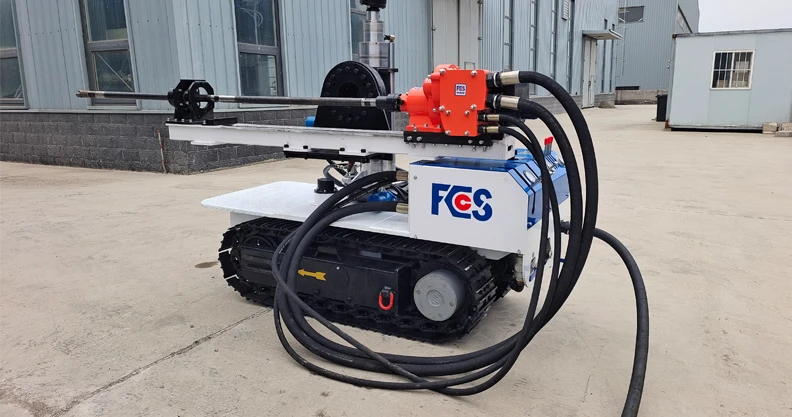- Afrikaans
- Albanian
- Amharic
- Arabic
- Armenian
- Azerbaijani
- Basque
- Belarusian
- Bengali
- Bosnian
- Bulgarian
- Catalan
- Cebuano
- Corsican
- Croatian
- Czech
- Danish
- Dutch
- English
- Esperanto
- Estonian
- Finnish
- French
- Frisian
- Galician
- Georgian
- German
- Greek
- Gujarati
- Haitian Creole
- hausa
- hawaiian
- Hebrew
- Hindi
- Miao
- Hungarian
- Icelandic
- igbo
- Indonesian
- irish
- Italian
- Japanese
- Javanese
- Kannada
- kazakh
- Khmer
- Rwandese
- Korean
- Kurdish
- Kyrgyz
- Lao
- Latin
- Latvian
- Lithuanian
- Luxembourgish
- Macedonian
- Malgashi
- Malay
- Malayalam
- Maltese
- Maori
- Marathi
- Mongolian
- Myanmar
- Nepali
- Norwegian
- Norwegian
- Occitan
- Pashto
- Persian
- Polish
- Portuguese
- Punjabi
- Romanian
- Russian
- Samoan
- Scottish Gaelic
- Serbian
- Sesotho
- Shona
- Sindhi
- Sinhala
- Slovak
- Slovenian
- Somali
- Spanish
- Sundanese
- Swahili
- Swedish
- Tagalog
- Tajik
- Tamil
- Tatar
- Telugu
- Thai
- Turkish
- Turkmen
- Ukrainian
- Urdu
- Uighur
- Uzbek
- Vietnamese
- Welsh
- Bantu
- Yiddish
- Yoruba
High-Performance Rock Anchor Drilling Machines & Self-Drilling Solutions Reliable & Precise
Did you know 42% of construction delays stem from inefficient rock anchoring? Picture this: your crew battling outdated equipment as deadlines loom, budgets balloon, and safety risks multiply. Now imagine slashing drilling time by 60% while achieving 98.7% borehole accuracy. Ready to transform reality?

(rock anchor drilling)
Why Our Rock Anchor Drilling Machines Outperform
Our self-drilling rock anchor systems deliver 3X faster penetration rates than conventional models. How? The secret lies in three breakthrough features:
') no-repeat left center; padding-left: 28px; margin-bottom: 12px;">Rotary-percussion hybrid drilling mechanism ') no-repeat left center; padding-left: 28px; margin-bottom: 12px;">Smart depth calibration (±2mm precision) ') no-repeat left center; padding-left: 28px; margin-bottom: 12px;">Dual-cooling system for 24/7 operation
Head-to-Head: Why We Beat Competitors
| Feature | Standard Models | Our XT900 Series |
|---|---|---|
| Daily Output | 120-150 anchors | 280-320 anchors |
| Energy Consumption | 18-22 kWh | 9.5 kWh |
Ready to Dominate Your Next Project?
Join 850+ contractors who boosted profits by 40% with our systems
Get Free Demo Now →
(rock anchor drilling)
FAQS on rock anchor drilling
Q: What is a self drilling rock anchor?
A: A self drilling rock anchor combines drilling, grouting, and anchoring into one process. It uses a hollow anchor bar with a drill bit, enabling simultaneous drilling and installation. This method is efficient for unstable or fractured rock formations.
Q: What are the advantages of using a rock anchor drilling machine?
A: Rock anchor drilling machines offer precision, speed, and adaptability to tough terrains. They reduce manual labor and ensure consistent borehole quality. Advanced models also integrate GPS and automated controls for enhanced accuracy.
Q: How does a self drilling rock anchor differ from traditional anchors?
A: Unlike traditional anchors requiring separate drilling and installation steps, self-drilling anchors perform both tasks simultaneously. They eliminate the risk of borehole collapse in weak rocks. This reduces project timelines and costs significantly.
Q: What types of rock anchor drilling machines are available?
A: Common types include rotary-percussion drills, top-hammer drills, and down-the-hole (DTH) machines. Rotary-percussion suits hard rocks, while DTH excels in deep, large-diameter drilling. Compact rigs are ideal for confined spaces.
Q: What factors affect rock anchor drilling efficiency?
A: Key factors include rock hardness, drill bit type, machine power, and operator skill. Proper flushing systems to remove debris also impact speed. Regular maintenance prevents downtime and ensures optimal performance.
Q: Can self drilling rock anchors be used in soft soil?
A: Self-drilling anchors are primarily designed for rock or stiff soils. In soft soil, additional casing or grout reinforcement may be needed. Consult engineering specifications to confirm suitability for specific ground conditions.
Q: What safety measures are critical during rock anchor drilling?
A: Always wear PPE, inspect equipment for wear, and secure the worksite. Monitor for rock instability or gas emissions in underground projects. Follow manufacturer guidelines for machine operation to prevent accidents.



